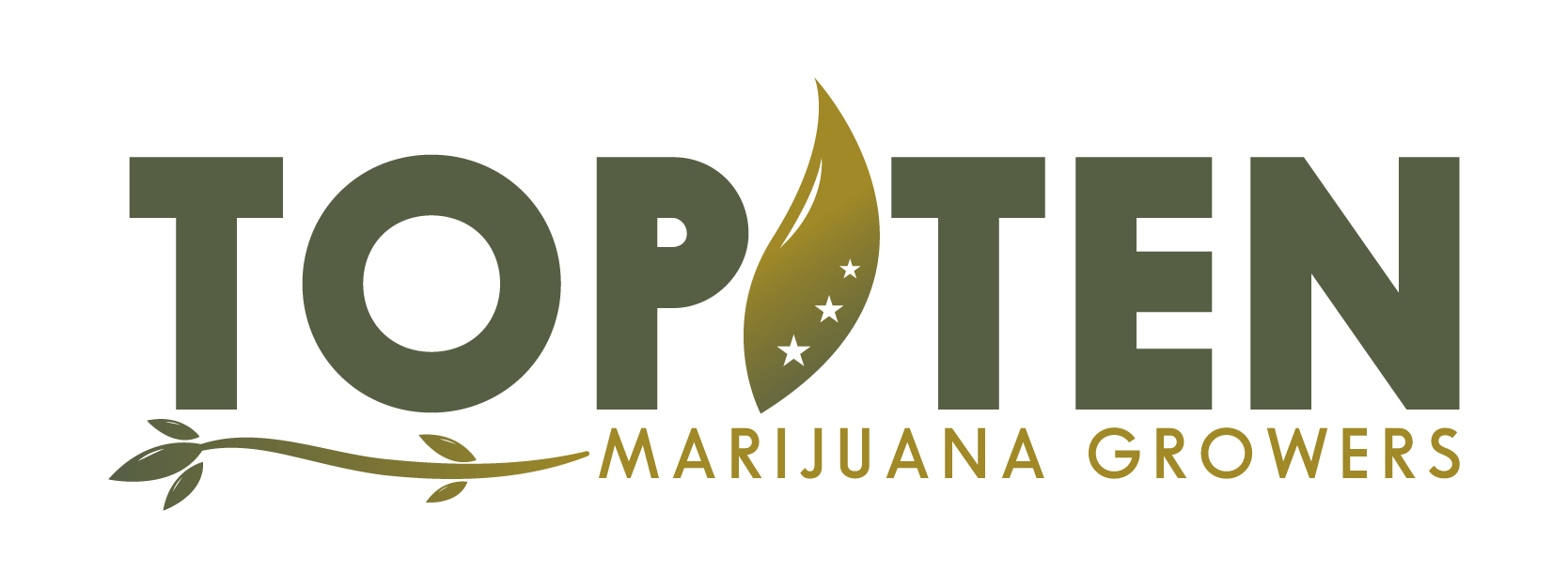Top cannabis cultivation operators navigate an increasingly complex patchwork of U.S. cannabis regulations through rigorous systems, transparent chain‑of‑custody practices, and adherence to evolving state and federal policy. Although interstate commerce in cannabis remains largely prohibited due to federal Schedule I status under the Controlled Substances Act, industry leaders implement best practices to prepare for potential changes while staying fully compliant within each state’s distinct legal regime.
Understanding the Federal and State Legal Landscape
Because cannabis remains federally illegal, transporting THC-containing cannabis across state lines is explicitly prohibited, regardless of any state legalization. States themselves reinforce this; nearly all require that final products be grown, processed, and sold entirely in-state. Top growers closely track both federal developments—such as proposed legislation including the SAFE Banking Act or broader rescheduling efforts—and individual state laws to ensure zero violations.
State-Specific Licensing, Residency, and Ownership Rules
Many state regulators restrict cannabis licenses to in-state residents or limit vertical integration across license classes. For example, growers may be prohibited from directly holding retail licenses, and states may ban out-of-state ownership to protect local industry and jobs. Leading cultivators maintain compliance by aligning operations with these residency and structural requirements—often setting up separate legal entities per state and working with in-state partners or sponsors.
Seed-to-Sale Tracking & Real-Time Monitoring
Industry leaders rely on seed-to-sale traceability platforms—like BioTrack/Metrc integrations coupled with real-time compliance tools such as Distru—to link every stage of cultivation, harvesting, testing, packaging, and sales to state regulatory systems. These systems flag anomalies in real time and simplify audit readiness. Internal dashboards alert operations and management immediately to inconsistencies in plant counts, test submissions, or inventory flows.
Rigorous Testing, Labeling and Packaging Compliance
States mandate strict analytical testing for potency, microbial contamination, pesticides, heavy metals, and residual solvents. Testing labs such as Steep Hill provide third-party analytics to ensure every batch meets state thresholds. Labeling standards require clear disclosure of THC content, dosage per serving, and health warnings; packaging must meet child-resistance and tamper-evidence rules, and comply with specific state graphic and format restrictions. Top growers implement standardized SOPs and external QC checks to align labeling and packaging across jurisdictions.
Operational and Environmental Standards
Leading cultivators also comply with general agricultural and workplace regulations: good agricultural and collection practices (GACP), current good manufacturing practices (cGMP), OSHA safety standards, wage-hour laws, and environmental regulations such as spill prevention and air/water permits. Many top operators retain environmental consultants or internal EHS officers to ensure farms and facilities meet state and local environmental codes.
Preparing for Interstate Commerce & Federal Reform
While outright interstate shipping of cannabis remains off-limits, top cultivators prepare for regulated interstate markets by building compliant supply-chain frameworks. They invest in blockchain-based or IoT-enabled “digital twin” traceability systems to support immutable tracking—anticipating future ability to transport cannabis between states once federal law authorizes it and states reciprocally allow it. These systems also satisfy internal audit requirements and insurer due diligence.
Trade Associations, Legal Counsel, and Continuous Training
Leading grow-ops frequently participate in the National Cannabis Industry Association and other trade groups to stay informed of emerging legislation, regulatory proposals, and enforcement trends. They work with cannabis-savvy compliance counsel to interpret nuances—and provide ongoing training programs for staff at all levels, from cultivators to compliance officers, to ensure everyone understands audit expectations, security protocols, and product traceability requirements.
To Review
Top U.S. cannabis cultivators maintain compliance across state lines—not by moving cannabis between states, but by operating flawlessly within each state’s distinct rules while building future-ready systems. Through real-time traceability, state-specific licensing structures, stringent testing and labeling, environmental and workforce compliance, and proactive legal planning, these growers protect their operations today and position themselves to leverage interstate opportunities if and when federal legalization and reciprocal state laws permit.
